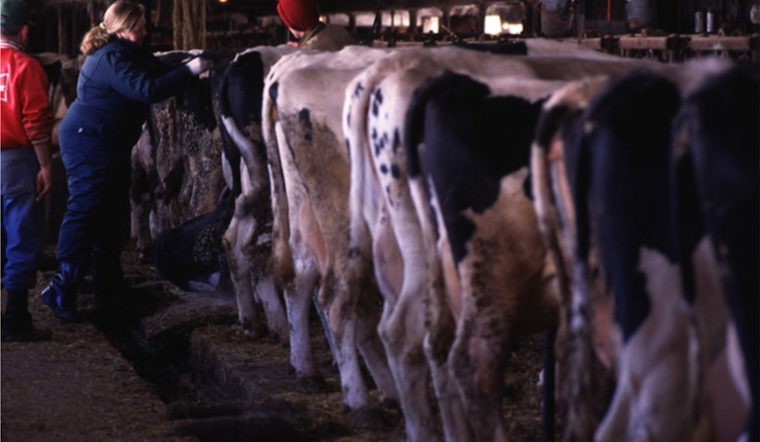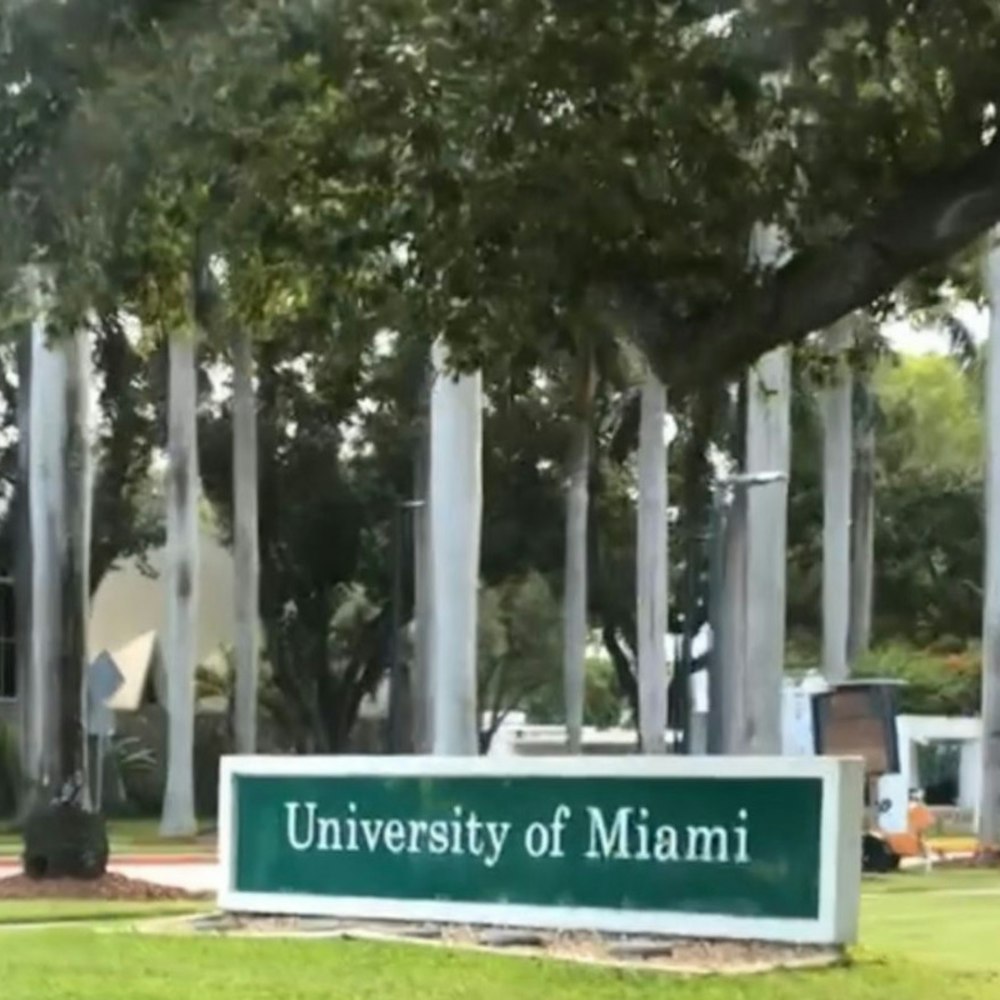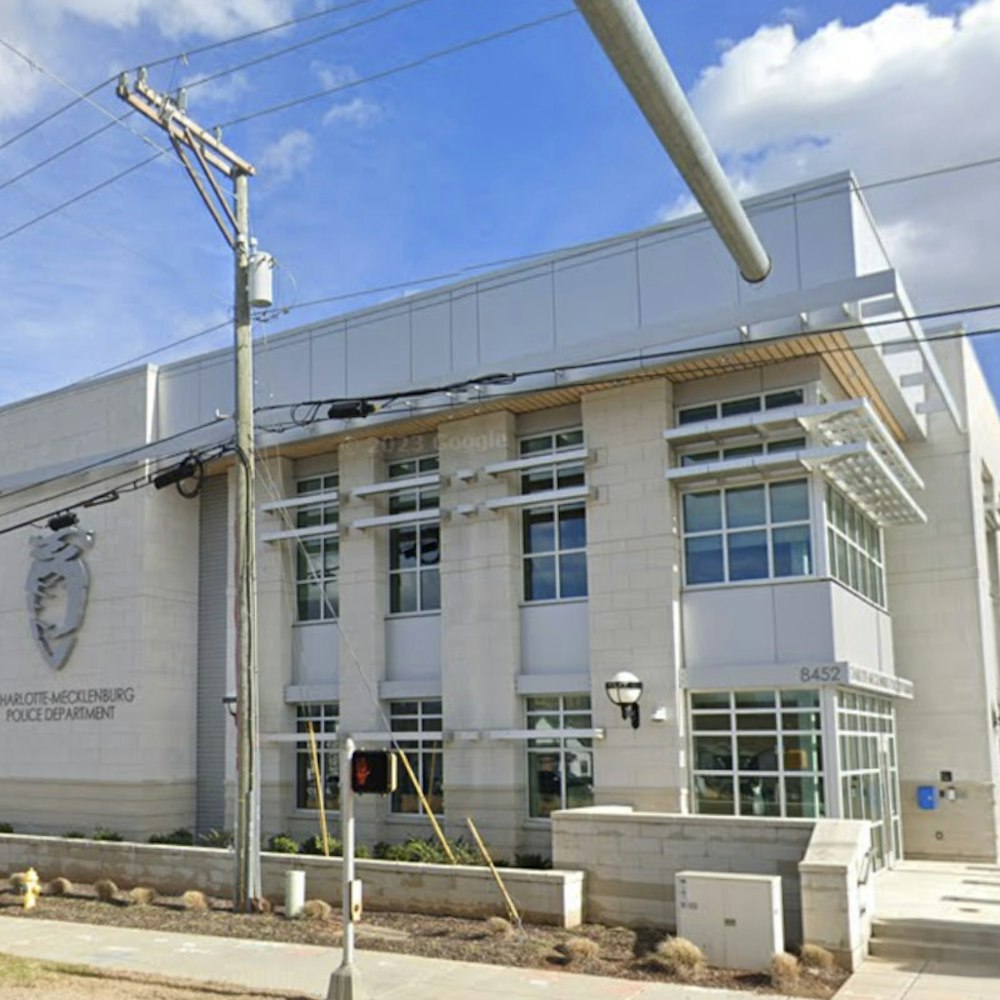
As Michigan grapples with the containment of the bird flu, the state's response, particularly around the biosecurity of dairy farms, has come under fire from the poultry industry. Efforts have been geared toward aggressive measures in the wake of avian influenza striking dairy cattle and, to a lesser degree, humans. Addressing lawmakers, state officials defended their proactive steps, but poultry industry representatives argue that these actions fall short of needed protocols to prevent cross-species transmission.
Michigan became one of the front-runners to not only identify avian influenza in cattle but also to report human cases. This bird flu, a strain known as H5N1 B3.13, has struck a chord within the dairy industry due to its capacity to swiftly spread and impact productivity. Despite reassurance from the Michigan Department of Agriculture and Rural Development (MDARD) Director Tim Boring, who aims to be uniquely aggressive in battling the virus, the poultry industry remains skeptical.
While the outbreak continues to challenge farmers, the MDARD has issued a Determination of Extraordinary Emergency, mandating dairy and poultry operations to adopt enhanced biosecurity actions. The guidelines include limiting access to farms, enforcing disinfection practices, and a temporary halt on dairy and poultry exhibitions to curb cross-contamination risks. These mandates have evolved in response to the outbreak and are being refined as the understanding of the virus grows, Dr. Boring explained to CBS Detroit. "We're going to continue to refine what that approach looks like in the weeks and months to come of prioritizing biosecurity and mitigating the threat of the virus", Boring stated in a CBS News Detroit report.
Nevertheless, skepticism runs deep within the poultry sector. Ruddell has been vocal about Michigan's apparent reluctance to follow other states' footsteps in adopting stringent measures such as those taken by Minnesota, where a single dairy herd infection led to decisive quarantining actions. The poultry industry's critical stance highlights a narrative of perceived inaction, as Michigan sees a high rate of affected herds compared to other states. Boring's response, noted in Bridge Michigan, emphasizes ongoing evaluation and adaptation of strategies while praising the collaborative government efforts in managing the situation.
Federal guidelines have been put in place to test cattle for influenza before interstate travel, and at the state level, grants of $28,000 are being offered to help 20 dairy farms cope with the disease's impact. With the danger to human health considered low by the Centers for Disease Control and Prevention, the emphasis remains firmly on preserving both public health and the sustenance of affected industries. The battle against the avian flu in Michigan continues to be a complex interplay of science, policy, and industry dynamics, drawing a concerted effort to mitigate a pressing challenge to both livestock and livelihood.
-1.webp?w=1000&h=1000&fit=crop&crop:edges)








